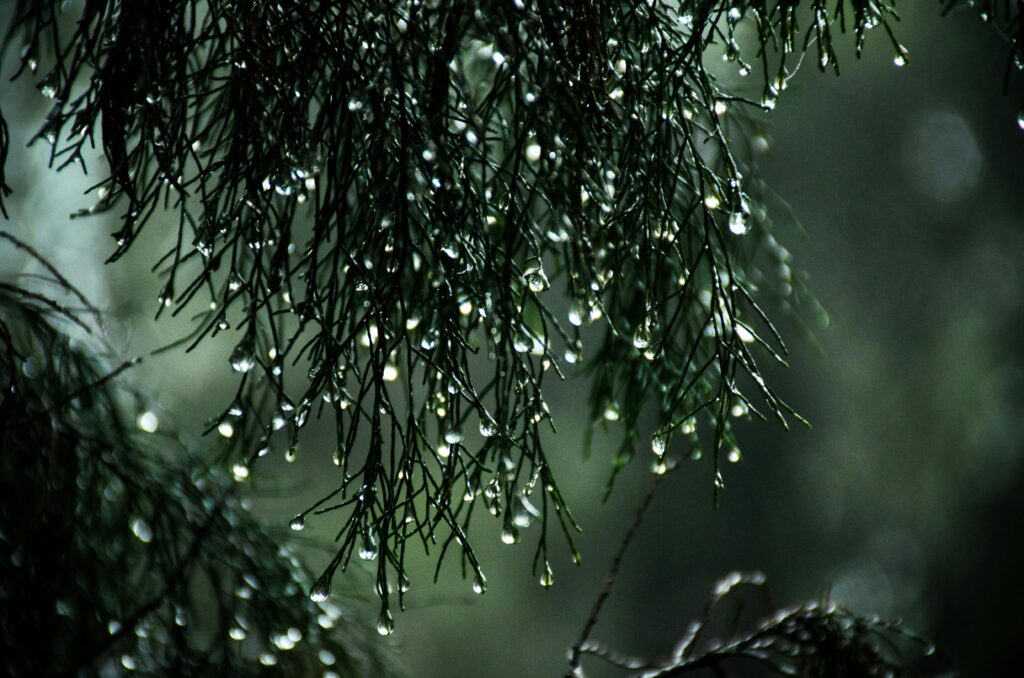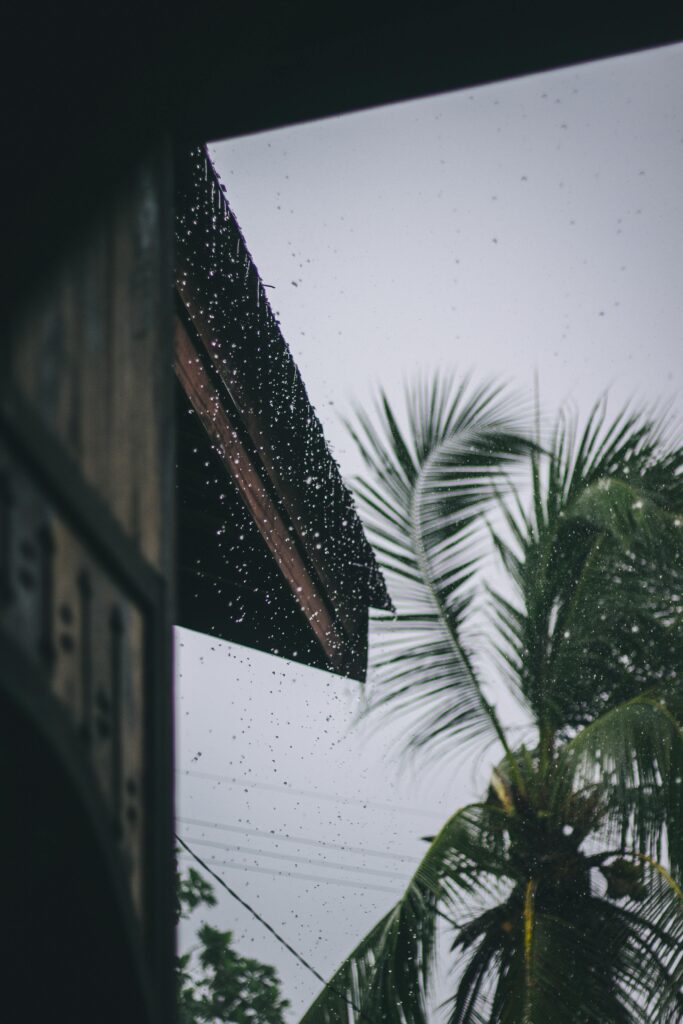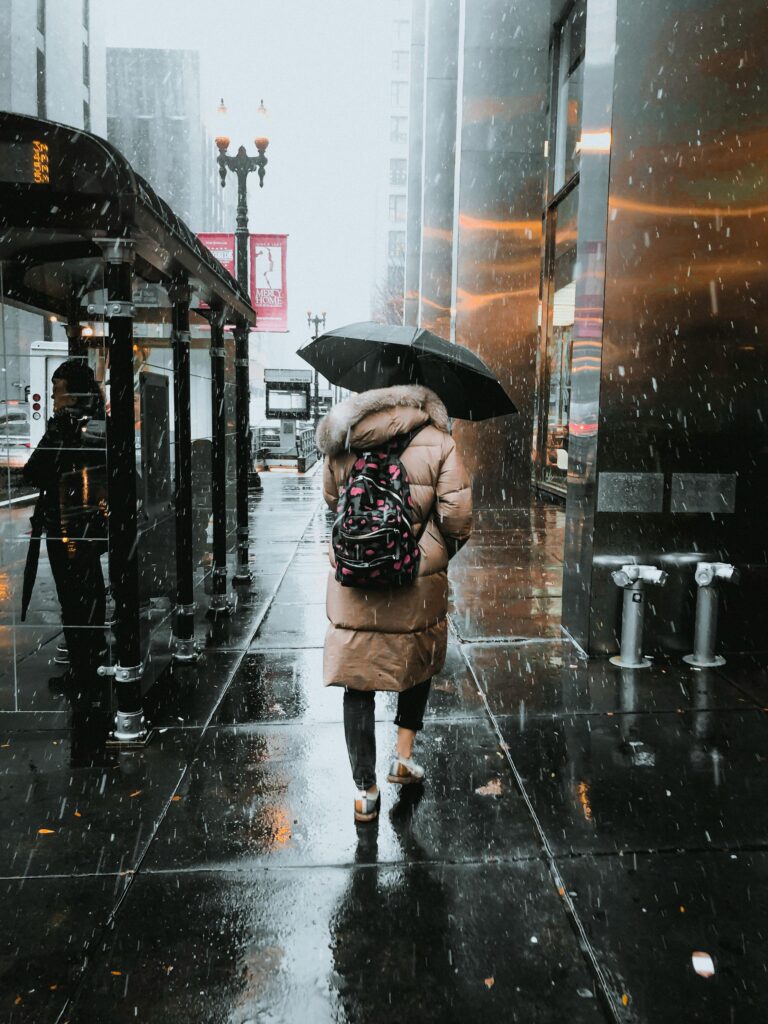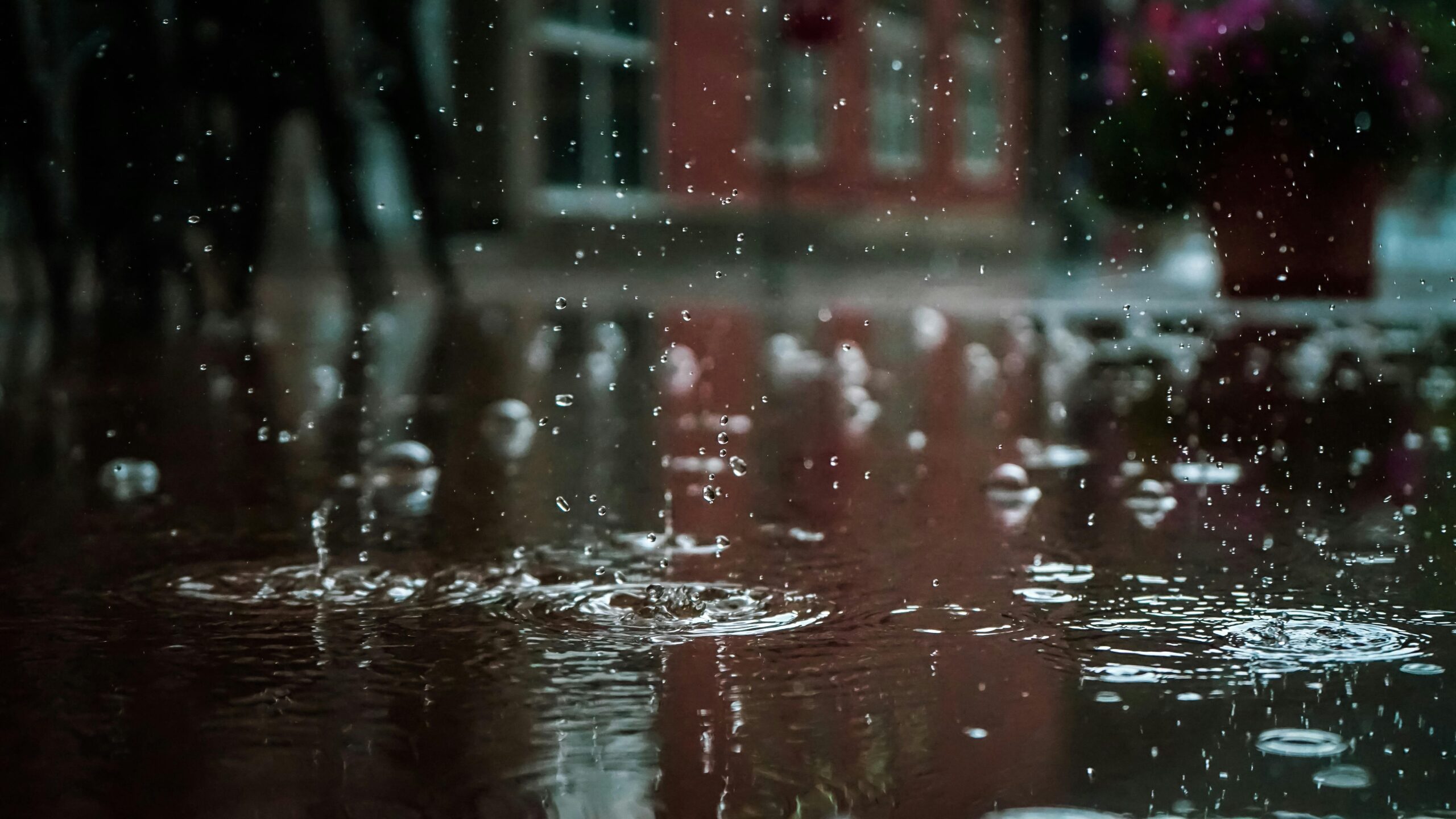Introduction
Ok, Rain! Isn’t there a magical quality to it? The rhythmic patter of Raindrops against your window, the distant rumble of thunder, or the revitalizing scent that follows a fresh downpour all have the power to touch our souls and rejuvenate the earth. Downpour, then again, has a ton of reasonable benefits past its graceful allure. Rainwater harvesting and lush rain gardens are just two of the many remarkable ways we can use and appreciate rain. Let’s look at the beautiful world of rain and find out how it can benefit our lives and the environment.

The Soul-Soothing Symphony of Rain
The Emotional Benefits of Rain
Rain has undeniable effects on our feelings. Have you at any point felt a feeling of quiet wash over you during a rainstorm? That is not an accident. The calming sounds and cool, energizing touch of rain can aid in stress reduction and even improve sleep quality. It resembles nature’s background noise!
- Stress Relief: Listening to the gentle pitter-patter of raindrops can have a calming effect, lowering cortisol levels and promoting relaxation.
- Improved Sleep: Many people find it easier to fall asleep to the sound of rain, as it can block out other disruptive noises and create a serene sleep environment.
- Enhanced Creativity: Some find that rainy days spark creativity and introspection, providing the perfect backdrop for writing, painting, or simply pondering life’s mysteries.
Rain and Thunder: Nature’s Dramatic Duo
A Rainstorm has spectacular characteristics. We are continually helped to remember the power and excellence of nature by the blend of thunder and downpour, which can be both invigorating and lowering. Both from a genuine perspective and metaphorically, Rainstorms can dissipate any disarray, giving us one more perspective and an expansion in energy.
Benefits of Harvesting Rainwater
What is Rainwater Harvesting?
Rainwater harvesting or water collecting is the most well-known approach to social occasions and taking care of water for later. Instead of permitting this important resource to run off into channels and deplete, we can get it for various rational applications.

The Environmental and Economic Benefits of Rainwater Harvesting
We can fundamentally decrease our dependence on civil water supplies by harvesting rainwater, which decidedly affects the climate and the economy.
- Water Conservation: Rainwater harvesting helps conserve water by reducing the demand on public water systems, particularly during dry spells or droughts.
- Reduced Water Bills: Utilizing harvested rainwater for tasks like irrigation, washing, and even flushing toilets can lead to substantial savings on water bills.
- Environmental Impact: By decreasing runoff, rainwater harvesting helps prevent soil erosion, reduce the risk of flooding, and minimize the pollution of natural waterways.
Practical Uses for Harvested Rainwater
There are various ways to make use of Harvesting Rainwater, making it a flexible and significant asset.
- Irrigation: One of the most common uses, harvested rainwater can be used to water gardens, lawns, and crops, promoting lush, healthy plant growth.
- Household Use: With proper filtration, rainwater can be used for various household purposes, such as flushing toilets, washing clothes, and cleaning.
- Drinking Water: In some cases, harvested rainwater can be treated to make it safe for drinking, providing an alternative to traditional water sources.
Rain Gardens: Nature’s Answer to Stormwater Management
What is a Rain Garden?
A rain garden is a nursery that is made to catch and hold Water overflow from carports, rooftops, and other hard surfaces. Local grasses and plants that flourish in wet circumstances are commonly established in these nurseries.
Benefits of Rain Gardens
There are various benefits to rain gardens for both landowners and the environment.
- Stormwater Management: By absorbing rainwater runoff, rain gardens help reduce the risk of flooding and minimize the burden on stormwater systems.
- Water Filtration: As rainwater passes through the garden’s soil and plant roots, pollutants are filtered out, improving water quality.
- Biodiversity: Rain gardens create habitats for local wildlife, including birds, insects, and amphibians, promoting biodiversity in urban and suburban areas.
- Aesthetic Appeal: Beyond their practical benefits, rain gardens add beauty and visual interest to any landscape, enhancing curb appeal.
Creating Your Rain Garden
A rewarding project that can be customized to fit any yard or property is setting up a Rain garden.
- Site Selection: Choose a location that naturally collects runoff, such as a low-lying area or the base of a downspout.
- Soil Preparation: Ensure the soil can absorb water effectively by incorporating compost and organic matter.
- Plant Selection: Opt for native plants and grasses that are well-suited to your region’s climate and can tolerate both wet and dry conditions.
- Maintenance: While rain gardens are relatively low-maintenance, occasional weeding, mulching, and plant care will keep them thriving.

Benefits of Drinking Rainwater
Is it Safe to Drink Rainwater?
Rainwater can be a protected and invigorating choice to tap water if it is dealt with appropriately. Before drinking the water, it should be separated and cleaned to dispose of any impurities.
Benefits of Drinking Rainwater
When treated properly, Drinking rainwater can have various prosperity and natural advantages.
- Natural and Pure: Rainwater is free from many of the chemicals and additives found in municipal water supplies, making it a more natural option.
- Reduced Plastic Waste: By collecting and treating rainwater, you can reduce your reliance on bottled water, cutting down on plastic waste.
- Hydration on the Go: Portable rainwater harvesting systems allow you to collect and treat rainwater during outdoor activities, ensuring you have a fresh supply of water wherever you go.
Treating Rainwater for Drinking
To guarantee Rainwater is protected to drink, follow these steps:
- Filtration: Use a fine mesh filter to remove debris and particulate matter from the collected rainwater.
- Disinfection: Employ methods such as boiling, ultraviolet light, or chemical disinfectants to kill any bacteria, viruses, or pathogens.
- Storage: Store treated rainwater in a clean, food-grade container to prevent contamination.
Conclusion
Exploiting the advantages of rain and Water gathering opens up a universe of opportunities for both working on our satisfaction and protecting our indigenous habitat. There are various ways of appreciating and utilizing this regular asset, from the quieting sound of raindrops to the down-to-earth advantages of downpour nurseries and water collecting. The upsides of downpours are bountiful and convincing, whether you need to bring down your water bill, improve your nursery, or essentially enjoy the serene magnificence of a blustery day. Consequently, the following time it downpours, pause for a minute to head outside, feel the raindrops on your skin, and consider the various manners by which downpour adds to the improvement of our planet.

FAQ’s
What are the benefits of rain for the environment?
Rain upholds plant development, keeps up with biological systems, and resupplies regular water sources. It additionally helps clean the air by eliminating contaminations and decreases the requirement for a water system.
How does rainwater harvesting contribute to sustainability?
By harvesting rainwater, diminishing overflow and disintegration, bringing down water charges, and diminishing the requirement for metropolitan water frameworks, Water reaping advances supportability.
Is drinking rainwater healthier than tap water?
Water is liberated from numerous synthetic compounds found in regular water, so it tends to be better if appropriately treated. In any case, before utilization, it should be entirely separated and sanitized.
Can I use harvested rainwater for all household needs?
However long it is appropriately separated and sanitized, Reaped Water can be utilized for cooking and water systems as well as other non-consumable purposes
What are the key components of a rain garden?
A rain garden normally comprises well-depleting soil, a downturn or bowl to gather spillover and various local plants that are open-minded toward both wet and dry circumstances.






